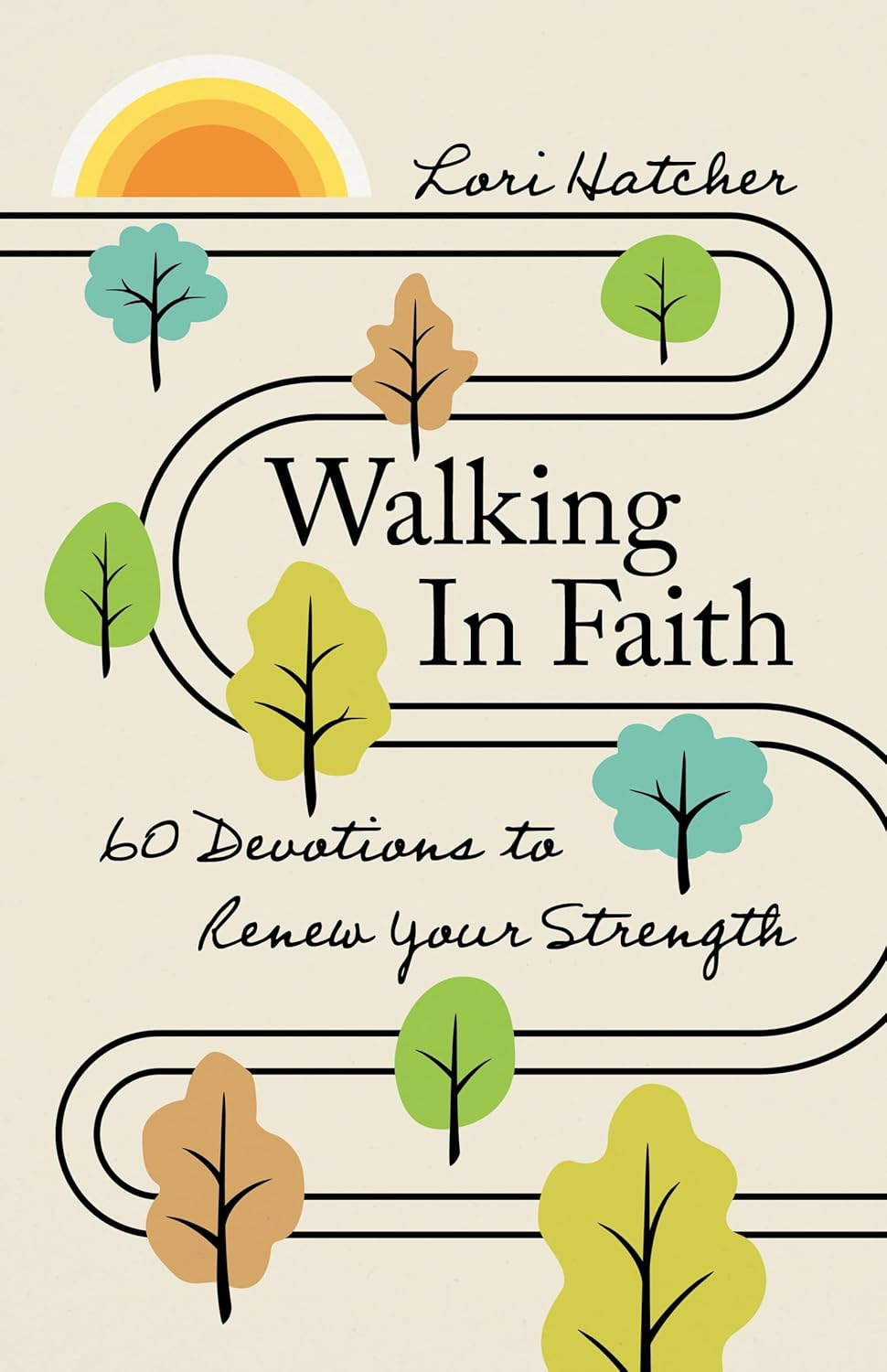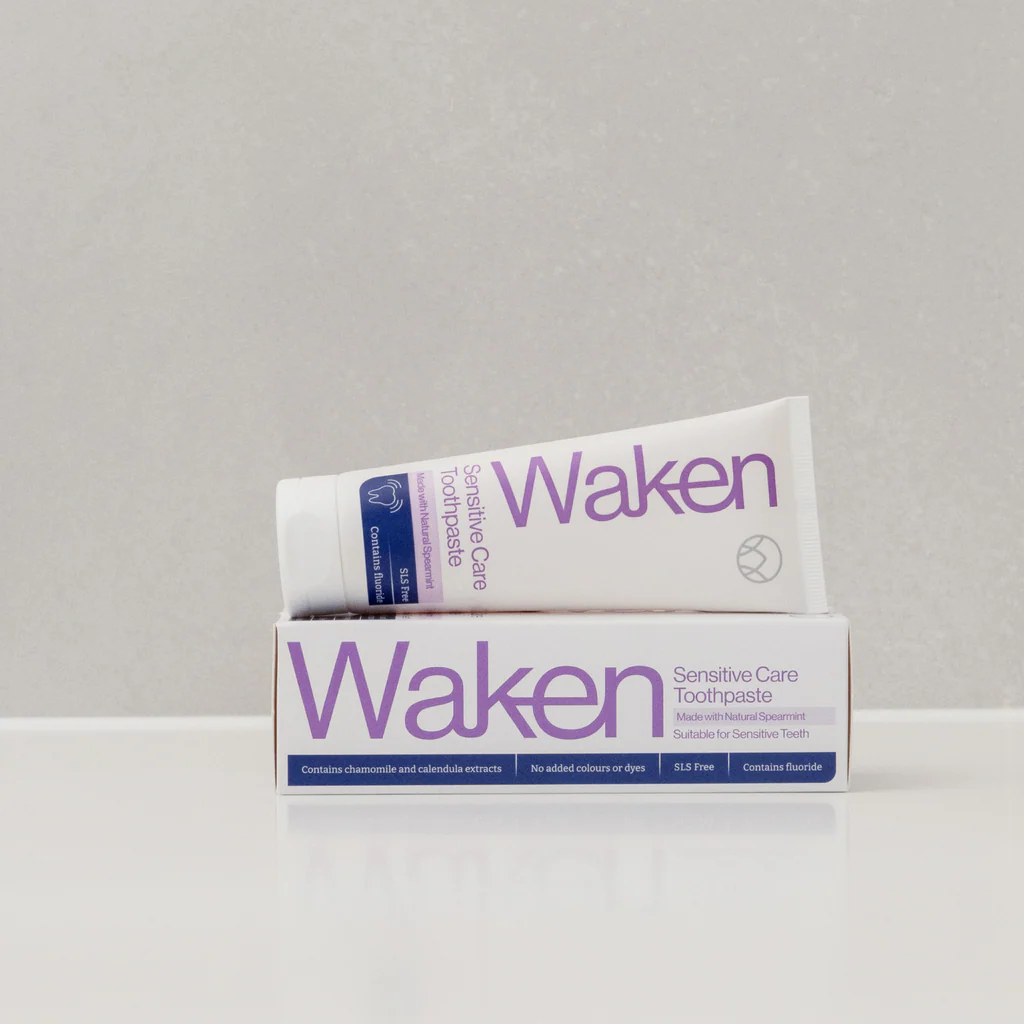Medical Acupuncture (needs more NHS funding)

In England, we are fortunate to have an NHS. But of course that often means that if you choose holistic medicine, only a few therapies are available. This is kind of good, because it means that quacks can’t rip you off and do you harm. But it also means that sometimes beneficial medicines that could help, are only available privately.
The good news is that some reputable medical acupuncture is available on the NHS, but you may have to ask your GP (especially sceptical ones) although some GPs are actually trained in acupuncture too. But they can legally refer in most cases, if there is one that is licensed to practice to NHS guidelines.
Acupuncture is often not given to people with pacemakers/implants, bleeding disorders (including those on medication) and those at risk of infection. And nobody with a metal allergy!
What is Acupuncture?
Acupuncture is a holistic medicine that is widely practiced worldwide. It works in a very different way to conventional western medicine, in that it uses very thin needles (they don’t hurt!) to ‘open up meridians’. We won’t go into the science, as only the practitioner can really tell you in detail, and you likely just want to feel better.
There have been quite a few double-blind trials to show that medical acupuncture can be affected for various conditions, the most common is long-term chronic back pain. And other kinds of pain like arthritis or migraine. It kind of works by stimulating nerves to prompt your body to release endorphins (natural pain killers) and improve blood flow.
It will only work in conjunction with a healthy lifestyle. So if you visit an acupuncturist say for bad migraines, the practitioner could possibly help with improving blood flow and relieving pain over a number of weeks. But if you go home and then live on black coffee and red wine, it won’t cure your migraine! Holistic medicine always involves lifestyle changes.
Acupuncture is pretty safe when done professionally, there are a few caveats (above) and some people may feel a tingle or dull ache during treatment (which lasts 20 to 40 minutes). But for most people it doesn’t hurt, and some people even find it relaxing. Your practitioner is also sure to give healthy lifestyle tips, to continue between treatments.
Be careful, as a few may recommend herbal medicine. This DOES often have serious side effects (and should never be given without consultation with your GP). Which is why it’s so important to only use properly registered medical acupuncturists.
Another reason is that some unlicensed practitioners still (illegally) use medicine that uses animal parts (like powdered tiger and rhino horn, bear bile or ingredients critically endangered pangolins (all victims of wildlife crime).
Don’t worry about infections, as acupuncture needles are all sterile, and single-use (just like syringes).
Where To Find Qualified Acupuncturists
Enter your postcode at British Acupuncture Council to find one of 3000 members, who belong to an accredited register that is regulated and approved by the Professional Standards Agency for Health & Social Care. GPs can legally refer.
More affordable are community acupuncture clinics across England that offer the same, bringing the price down to around £20 (rather than £40 to £80). One practitioner treats several people in one room, each person behind a privacy screen.






